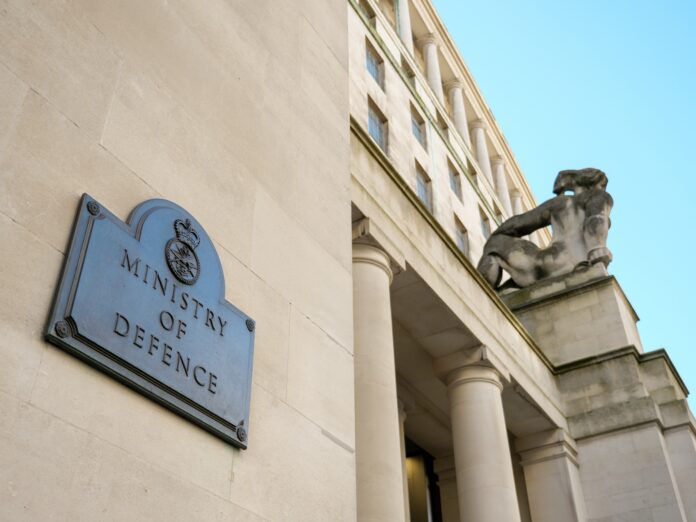The UK government has rolled out a bold new Defence Industrial Strategy, aiming to turn the nation’s defence sector into a powerhouse for economic growth, job creation, and strengthened national security. Announced by Defence Secretary John Healey at the London Defence Conference, the initiative promises to prioritise British defence firms, foster innovation, and build resilient supply chains critical to both security and economic stability.
“Our defence sector should be an engine for jobs and growth, strengthening our security and economy,” Healey declared, signalling a decisive step forward in integrating defence into the broader framework of national economic policy.
Strengthening the Foundations of Security and Growth
The strategy seeks to address several long-standing challenges, including inefficiencies in defence spending, skills shortages, and fragmented supply chains. By prioritising domestic firms and sectors like semiconductors and steel, the initiative aims to ensure the UK can adapt to intensifying global threats and economic shifts.
Key objectives include:
- Increasing defence sector employment in every region of the UK.
- Strengthening critical supply chains to improve resilience.
- Supporting innovation and addressing skills gaps.
“National security is the foundation for national stability and growth,” Healey stated, emphasising that the strategy will position the UK to meet future challenges head-on while ensuring the Armed Forces remain ready to innovate “at a wartime pace.”
Key Investments Signal Optimism
The announcement coincides with major investments from leading private defence companies:
- Helsing, a European AI defence firm, has committed £350 million over five years to develop and mass-produce AI-enabled drones in the UK.
- BAE Systems plans to expand its workforce, recruiting thousands and boosting its skills training programmes.
- Babcock will create 1,500 graduate and apprenticeship opportunities within the next year.
- Rolls-Royce has opened a new office in Glasgow, expected to generate 120 jobs to support submarine programmes.
These investments not only highlight industry confidence in the UK defence sector but also reflect the government’s commitment to integrating defence as a driver of economic growth.
Learning from the Past and Preparing for the Future
This new strategy replaces the 2021 Defence Industrial Strategy, reflecting lessons learned from recent global crises, including the war in Ukraine. It also aligns with the forthcoming Strategic Defence Review, which will shape the UK’s broader defence posture.
A notable feature of the plan is a “wargame” exercise to test how the defence industry could maintain operations and sustain supply chains in the face of wartime conditions. This forward-looking approach underscores the urgency of building resilience and adaptability into the sector.
Kevin Craven, CEO of ADS Group, welcomed the initiative:
“The Government underlining the importance of the defence sector to the UK economy is hugely welcomed. To deliver the right capability to support the UK’s ability to deter, it is pivotal that we continue to contribute to military planning activities.”
A National Mission for Growth
The MOD has committed to spending 2.5% of GDP on defence, framing the strategy as part of the UK’s broader growth mission. With plans to finalise the full Defence Industrial Strategy by mid-2025, Healey outlined the government’s vision:
“We will mobilise the private sector to help face down global threats, direct more public investment to British businesses, and create jobs and growth in every nation and region of the UK.”
This initiative marks a significant step in aligning the UK’s economic ambitions with its national security priorities, signalling a new era of integrated defence and economic policy.
















